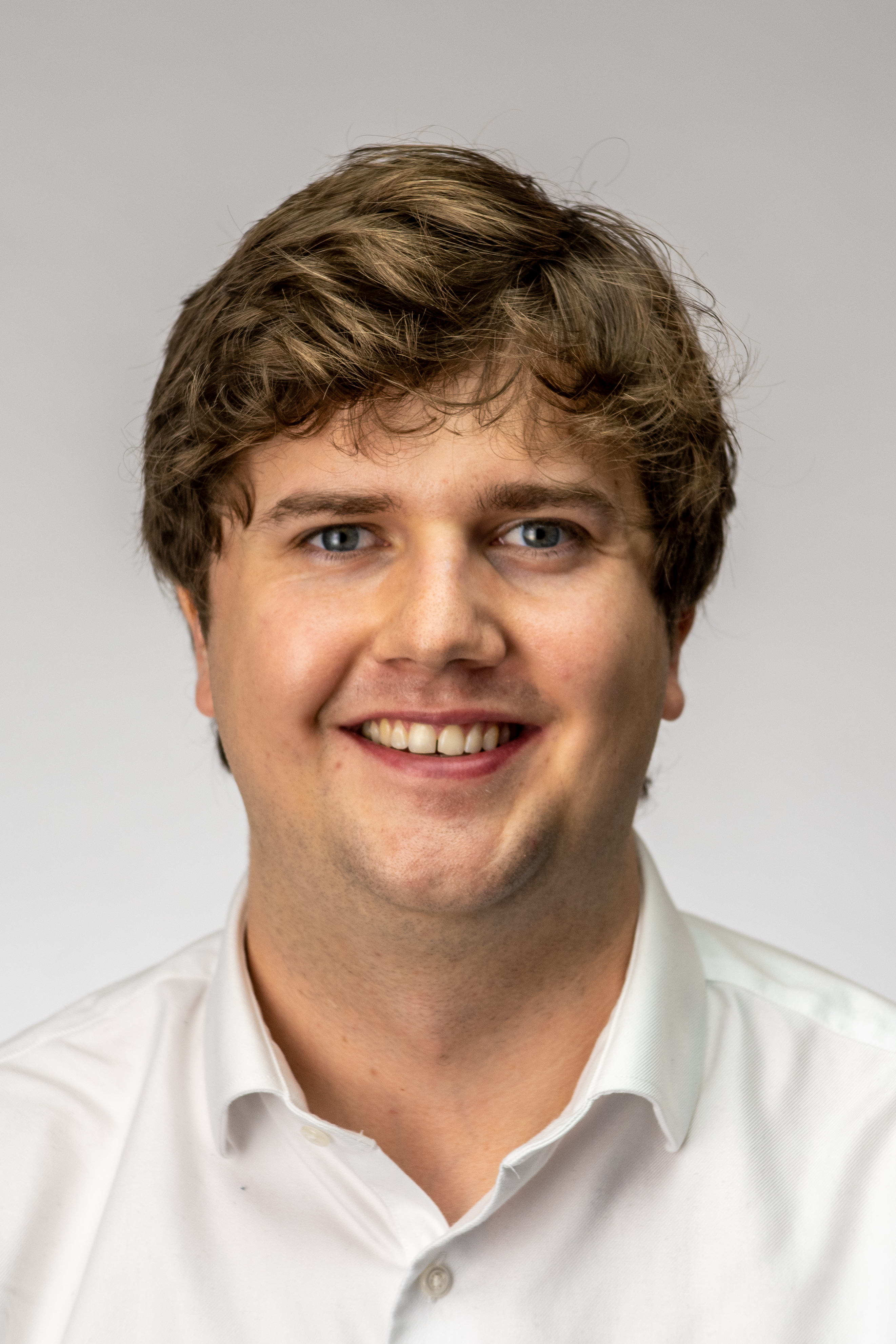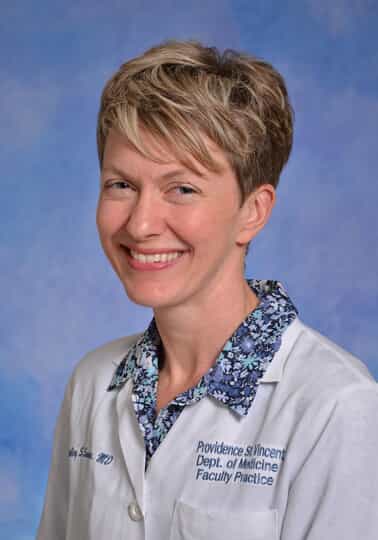At Providence St. Vincent, we know that physicians of the future must actively shape our healthcare system to deliver better care and better outcomes, all at a lower cost. Quality improvement requires unique skills that can't be taught in a lecture -- project management, team leadership, persistence, and passion. We support each resident to lead a project, following a structured process to implement, test, and measure change.
Our innovative three-year curriculum has been presented at the Annual Program Directors in Internal Medicine meeting with an accompanying publication in Academic Internal Medicine Insight.
Because making real system level changes and measuring their effects takes time, our curriculum is spread over the three years of residency. Two-week QI rotations are built into both the PGY-1 and PGY-2 years, with several half-days during the PGY-3 year as well. This protected time plus experienced mentors and access to our own data analyst helps residents produce and measure meaningful healthcare improvement.
Mentorship
Didactics and Reading
2 weeks
Project selection
2 weeks
Implementation4 half-days
Results
Lifelong Quality Improvement
Presentation and Writing
 Medical school teaches the first two “buckets” of medicine:
pathophysiology and treatment of disease. We teach our residents the third
bucket: quality improvement. We create systems to do what works, every
time, for every patient.
Medical school teaches the first two “buckets” of medicine:
pathophysiology and treatment of disease. We teach our residents the third
bucket: quality improvement. We create systems to do what works, every
time, for every patient.
Partnering with Nurses to Provide Printed Sepsis Education in Multiple Languages
“I really liked how there are clear guides on how to write the papers
and examples. This made it easier to do this as a self-learning project
and I got a lot out of this. I was proud of the efforts I put into the
stakeholder interviews. It helped to adjust the work as needed and I think
gave the entire purpose of the project more of a collaborative feel to
it and gave several people opportunities to feel heard about something
that is directly impacting their workflow.”
Brittany Cook, DO | Intermountain Medical Center - Hospitalist, Class of 2025
Culturally Appropriate Nutrition Information to Address Hyperlipidemia
"I was proud to have created and delivered a presentation to the residents
as well as coordinate a Teaching Kitchen (with the help of so many people)."
Jaye Espinas, MD | Palliative Care Fellowship – University of Colorado,
Class of 2025
Improving Throughput by Utilizing the Estimated Date of Discharge Tool
"I enjoyed rewarding fellow residents for utilizing the Estimated
Date of Discharge (EDD) electronic tool and hearing from our clinical
care managers how this innovation made their jobs easier while fostering
a supportive multidisciplinary team. It felt empowering seeing the dramatic
effect of how enhanced communication can reduce length of stay and healthcare
costs."
Christina Patel, MD | Providence Health & Services - Hospitalist, Class of 2025
Increasing SGLT2-i Use in Patients with Diabetes and Chronic Kidney Disease
"I was proud of being able to present my work at the National ACP
conference and also raise awareness about new guidelines to improve renal
protection in our clinic. Having dedicated QI elective time was very helpful
to be able to focus on the project."
Amanda Tep, MD | Endocrine Fellowship - OHSU, Class of 2025
 Goals of Care Documentation with Attention to Equity in Use of Interpreters
Goals of Care Documentation with Attention to Equity in Use of Interpreters
“We analyzed the patient population by their primary language as
well as ethnicity to ensure that goals of care conversations are taking
place with patients from all backgrounds. Thankfully we found that Spanish
speaking patients and people of color were having goals of care documented
at a similar rate to patients who were White and English-speaking. I am
proud that we had such a large increase in percent of seriously ill patients
with documented goals of care. I am confident that many of these patients
either have or will avoid unwanted life prolonging medical care that is
often quite painful.”
Wiley Harkens, DO | Endocrine Fellowship-UC Irvine, Class of 2023
 “I love the moment when I see the light shining in their eyes. Their
face gets animated as they talk about where the project could go, and
I know we've found their passion.”
“I love the moment when I see the light shining in their eyes. Their
face gets animated as they talk about where the project could go, and
I know we've found their passion.”
Shelley Sanders, M.D., FACP | Director of Quality Improvement Curriculum and Fellow, Innovation Advisors
Program, Centers for Medicare and Medicaid Innovation